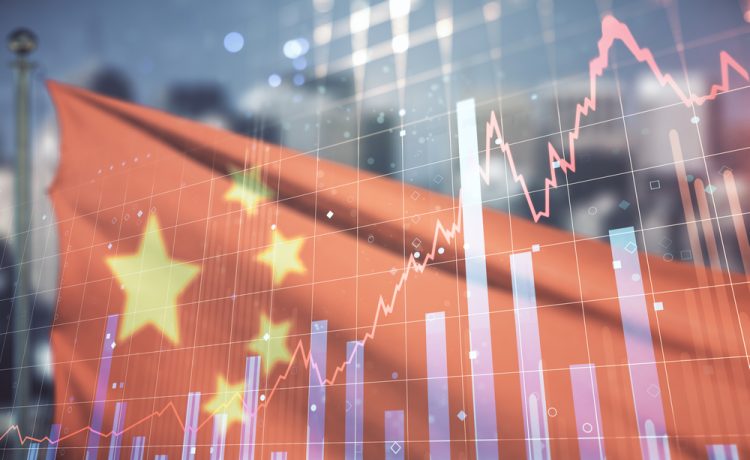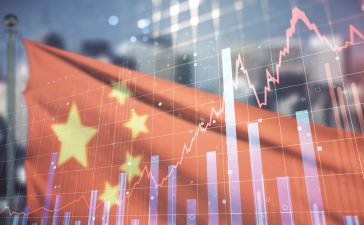Nikkei 225 inched down 0.03%, S&P/ASX 200 was down 0.47%, Hang Seng Index fell 0.88%, Shanghai Composite edged down 0.18% and the Shenzhen Component slid 1.19%
Asia Pacific stocks were down on Thursday morning. Gains remained modest, with the U.S. Federal Reserve striking a less hawkish note in the minutes from its last meeting. However, the economic impact of China’s ongoing COVID-19 lockdowns was also on investors’ minds.
Japan’s Nikkei 225 inched down 0.03% by 2:25 AM GMT.
South Korea’s KOSPI was up 0.40%. The Bank of Korea hiked its interest rate to 1.75%, up from 1.5%, as it handed down its policy decision earlier in the day.
In Australia, the S&P/ASX 200 was down 0.47% and Hong Kong’s Hang Seng Index fell 0.88%.
China’s Shanghai Composite edged down 0.18% and the Shenzhen Component slid 1.19%.
Chinese stocks traded in the U.S. gained, even as investors monitor the government’s measures to tackle the economic downturn from the country’s COVID-19 restrictive measures. China’s economy is in some respects faring worse than in 2020 when the pandemic first emerged, according to Premier Li Keqiang. Li also urged efforts to reduce the rising unemployment rate.
U.S. futures fell, with Nasdaq 100 futures underperforming. The S&P 500 ended rebounded from earlier losses to end higher and the tech-heavy Nasdaq 100 outperformed.
Yields on benchmark 10-year Treasuries were steady, while two-year yields edged higher.
The Fed minutes, released on Wednesday, did not show an even more aggressive path being mapped to tackle elevated prices.
Most U.S. policymakers saw half-point rate hikes as appropriate at the next two meetings, keeping in line with Fed Chairman Jerome Powell’s latest comments.
While the minutes noted the potential for rates to go high enough to constrain the economy, there were hints of a possible pause or an ‘expedited’ tightening, that would leave the Fed ‘well-positioned later in the year to assess the effects of policy firming and the extent to which economic developments warranted policy adjustments.’
If inflation gets tame enough over summer, there may not be continued raising of rates, Pepper International chief executive officer Carol Pepper told Bloomberg.
Investors should look at buying tech after the selloff, she added.
She said: Stagflation, I just don’t think that’s going to happen anymore. I think we are going to be in a situation where inflation will start tapering down and then we will start going into a more normalised market.





